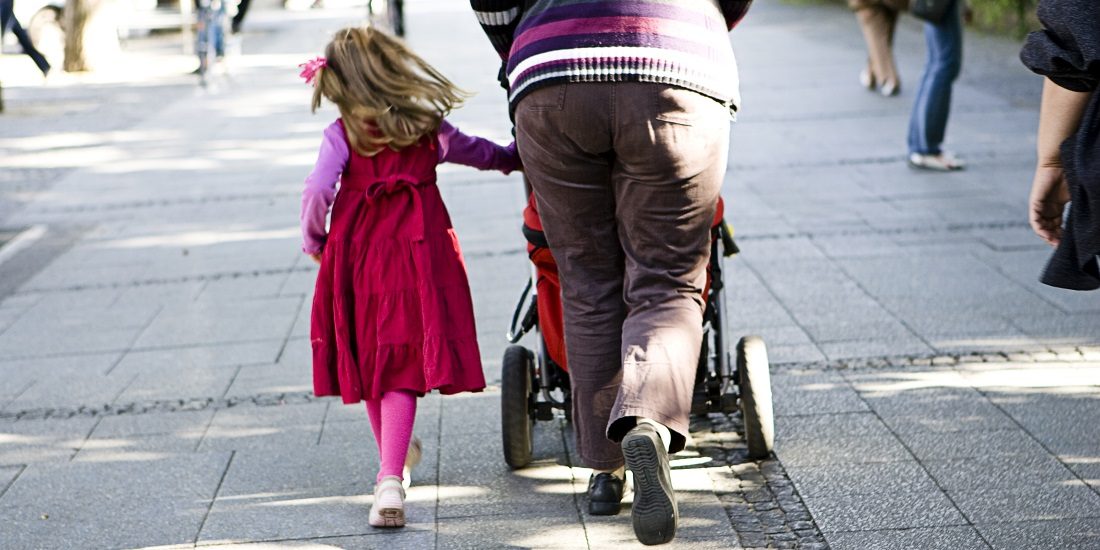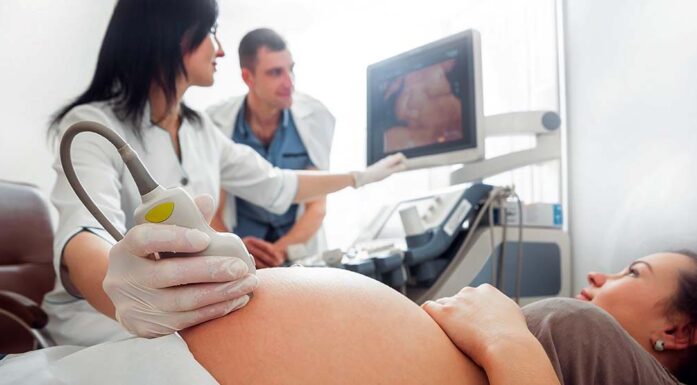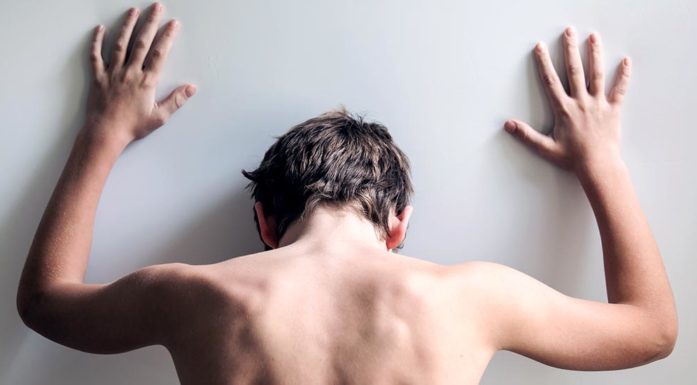Moms matter, dads don’t… when it comes to children’s weight
When mothers lose weight, their children slim down too. When mothers are less active, children grow bigger. Dad’s choices appear to play less of a role.
Overweight and obesity often continue for generations in families. The links can be genetic but are also related to family relationships and lifestyle habits.
“Parents have a major impact on their children’s health and lifestyle. Behaviours that lead to obesity are easily transferred from parent to child,” says Marit Næss, who is the laboratory manager at the HUNT Research Centre and a doctoral candidate at NTNU.
But how do parents’ lifestyle changes affect their children’s body mass index (BMI)? Very differently it turns out, depending on whether it’s mother or father we are talking about.
- You may also like: Heavier children more likely to underestimate their size
Smaller children when mom loses weight
If the mother loses weight, it also affects the children.
“If mom drops two to six kilos, this can be linked to lower BMI in the kids,” says Kirsti Kvaløy, a researcher for HUNT, a longitudinal population health study in the former Nord-Trøndelag County of Norway.
The researchers found no significant link if the father loses weight, although it may be possible to read a tendency in the same direction.
The results largely correspond to similar studies in India and Finland, but the Finns found that the heaviest fathers also affected their daughters’ weight.
And the differences between the impacts of the father’s and mother’s lifestyle changes don’t end there.
You may also like: What’s the best way to help adolescents with obesity?
Less active, bigger children
“Mothers whose activity levels drop as their children are growing up are linked to children with higher BMI in adolescence,” says Næss.
If the mother does not stay physically active, the children become bigger across the board. The father’s choices had no significant impact here either. Less active fathers were not linked to higher BMI in their children.

A father’s lifestyle choices seem to have less impact on their children, researchers say. Photo: Colourbox
According to Næss and Kvaløy, a lot suggests that moms are still the ones who are primarily responsible for planning activities in the home and perhaps for food choices too, although this study did not examine these speculations.
The mother-child link may often revolve around the mother wanting to lose weight. She makes small changes in diet and living habits that involve the whole family.
This notion is reinforced by the fact that the researchers found no corresponding relationship when parents lose a great deal of weight. This kind of weight change is often associated with illness or more extensive diets that do not involve others in the family.
- You may also like:Why you feel hungrier after you lose weight
Education plays a role too
The results are quite clear also when taking education level into account.
“On average, BMI is lower in families with higher education compared to ones with less education,” says Kvaløy.
But maternal weight reduction seems to wield greater influence on children’s BMI in families with higher education.
The study included 4424 children and parents who reported to the HUNT Study. Researchers followed changes in weight and physical activity over eleven years. One recent positive change is that people have generally become more physically active during their leisure time.
The results of the study were recently published in BMJ Open.
Source: Implications of parental lifestyle changes and education level on adolescent offspring weight: a population based cohort study – The HUNT Study, Norway. Naess M, Sund ER, Holmen TL, Kvaløy K. 2018 Aug 30; 8 (8): e023406. doi: 10.1136 / bmjopen-2018-023406. https://www.ncbi.nlm.nih.gov/pubmed/30166309






